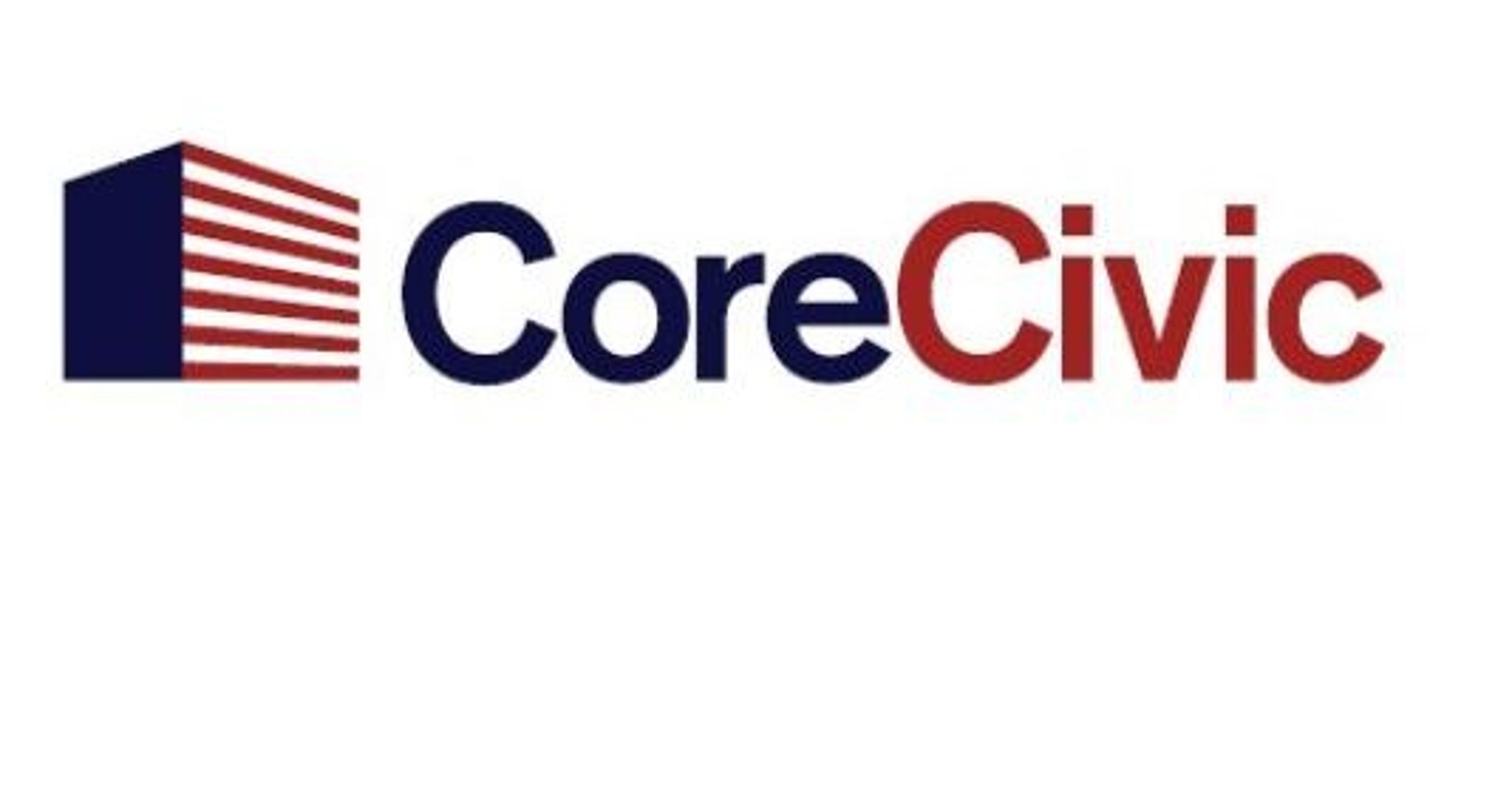CoreCivic: Understanding The Role Of Private Prisons In The U.S.
CoreCivic, a prominent player in the private prison industry, has garnered attention and scrutiny for its operations across the United States. As one of the largest private prison operators, CoreCivic's impact on the criminal justice system is significant. This article delves into the intricacies of CoreCivic, exploring its history, operations, controversies, and the implications of privatized incarceration.
In recent years, the conversation surrounding private prisons has intensified, with advocates and critics debating their effectiveness and ethical implications. CoreCivic, founded in 1983, has positioned itself as a key provider of correctional and rehabilitation services, managing facilities that house both adult and juvenile offenders. Understanding CoreCivic's role in the U.S. prison system requires a comprehensive examination of its practices and outcomes.
This article aims to provide a thorough analysis of CoreCivic, including its biographical background, operational framework, and the controversies it faces. By examining various aspects of CoreCivic, readers will gain insight into the broader implications of private incarceration in the context of the American justice system.
Table of Contents
- 1. Biography of CoreCivic
- 2. CoreCivic Data and Statistics
- 3. CoreCivic's Operations
- 4. Controversies Surrounding CoreCivic
- 5. The Impact of CoreCivic on Society
- 6. Advocacy and Opposition
- 7. The Future of CoreCivic
- 8. Conclusion
1. Biography of CoreCivic
CoreCivic, originally named Corrections Corporation of America, was founded in 1983 by T. Don Hutto and a group of investors. The company was established with the vision of providing effective corrections solutions while addressing overcrowding in public prisons. Over the years, CoreCivic recognized the potential for profit in the correctional space and began acquiring and managing various correctional facilities across the United States.
| Detail | Information |
|---|---|
| Name | CoreCivic, Inc. |
| Founded | 1983 |
| Headquarters | Nashville, Tennessee |
| CEO | Damion W. Burk |
| Number of Facilities | Over 70 |
| Services Offered | Prison management, rehabilitation, reentry services |
2. CoreCivic Data and Statistics
CoreCivic operates numerous facilities, including prisons, detention centers, and rehabilitation centers. With over 70 facilities across the nation, the company houses thousands of inmates. The following statistics highlight CoreCivic's operational scale:
- Incarcerated Population: Approximately 70,000 inmates
- Annual Revenue: Approximately $1.8 billion
- Employees: Over 15,000 staff members
- Facilities: Includes both adult and juvenile correctional facilities
3. CoreCivic's Operations
CoreCivic's primary focus is on managing correctional facilities and providing rehabilitation and reentry services. The company claims to prioritize the safety and security of both staff and inmates while promoting rehabilitation programs aimed at reducing recidivism.
3.1 Types of Facilities
CoreCivic manages a variety of facilities, including:
- Private Prisons: Facilities that house state and federal inmates.
- Detention Centers: Facilities that house individuals awaiting trial or deportation.
- Rehabilitation Centers: Facilities focused on providing treatment and support for substance abuse and mental health issues.
3.2 Rehabilitation Programs
CoreCivic has developed various rehabilitation programs designed to assist inmates in reintegrating into society. These programs include:
- Vocational Training: Skills training to prepare inmates for employment upon release.
- Substance Abuse Treatment: Programs aimed at addressing addiction issues.
- Mental Health Services: Counseling and support for inmates with mental health challenges.
4. Controversies Surrounding CoreCivic
Despite its claims of providing effective correctional services, CoreCivic has faced significant criticism and controversy over the years.
4.1 Human Rights Concerns
Critics argue that privatized incarceration leads to profit-driven motives that can compromise inmate welfare. Allegations of inadequate healthcare, unsafe living conditions, and mistreatment have surfaced in various facilities managed by CoreCivic.
4.2 Legal Issues
CoreCivic has been involved in numerous legal disputes, including lawsuits related to inmate treatment, labor practices, and compliance with state and federal regulations.
5. The Impact of CoreCivic on Society
The presence of private prisons like CoreCivic has far-reaching implications for the criminal justice system and society as a whole. The impact can be analyzed through various lenses:
- Economic Impact: The privatization of prisons raises questions about the allocation of public resources and the financial burden on taxpayers.
- Social Impact: The emphasis on incarceration rather than rehabilitation can perpetuate cycles of crime and recidivism.
- Political Impact: The influence of private prison lobbying on legislation and policy decisions can shape the future of incarceration in the U.S.
6. Advocacy and Opposition
Numerous advocacy groups and organizations oppose the privatization of prisons, arguing for a return to public management and increased investment in rehabilitation and mental health services. On the other hand, proponents of CoreCivic argue that private prisons can offer innovative solutions and improved efficiency.
7. The Future of CoreCivic
As the conversation around criminal justice reform continues to evolve, the future of CoreCivic remains uncertain. With increasing scrutiny from lawmakers, advocacy groups, and the public, CoreCivic may need to adapt its practices to align with shifting societal expectations.
8. Conclusion
CoreCivic plays a pivotal role in the landscape of private prisons in the United States. While the company has made strides in offering rehabilitation services, the controversies surrounding its operations raise important questions about the ethics and effectiveness of privatized incarceration. As discussions around criminal justice reform progress, it is crucial for stakeholders to consider the implications of CoreCivic's practices on the broader society.
We encourage readers to share their thoughts on the topic, engage with the content, and explore further articles on related subjects.
In closing, we hope this article has provided valuable insights into CoreCivic and its impact. Stay informed and engaged as the conversation around criminal justice continues to unfold.
Inglaterra Vs Malta: A Comprehensive Analysis Of Their Football Rivalry
2024 Bud Light Boycott: Understanding The Reasons And Impacts
Complete Guide To The Rockies Schedule: Everything You Need To Know


